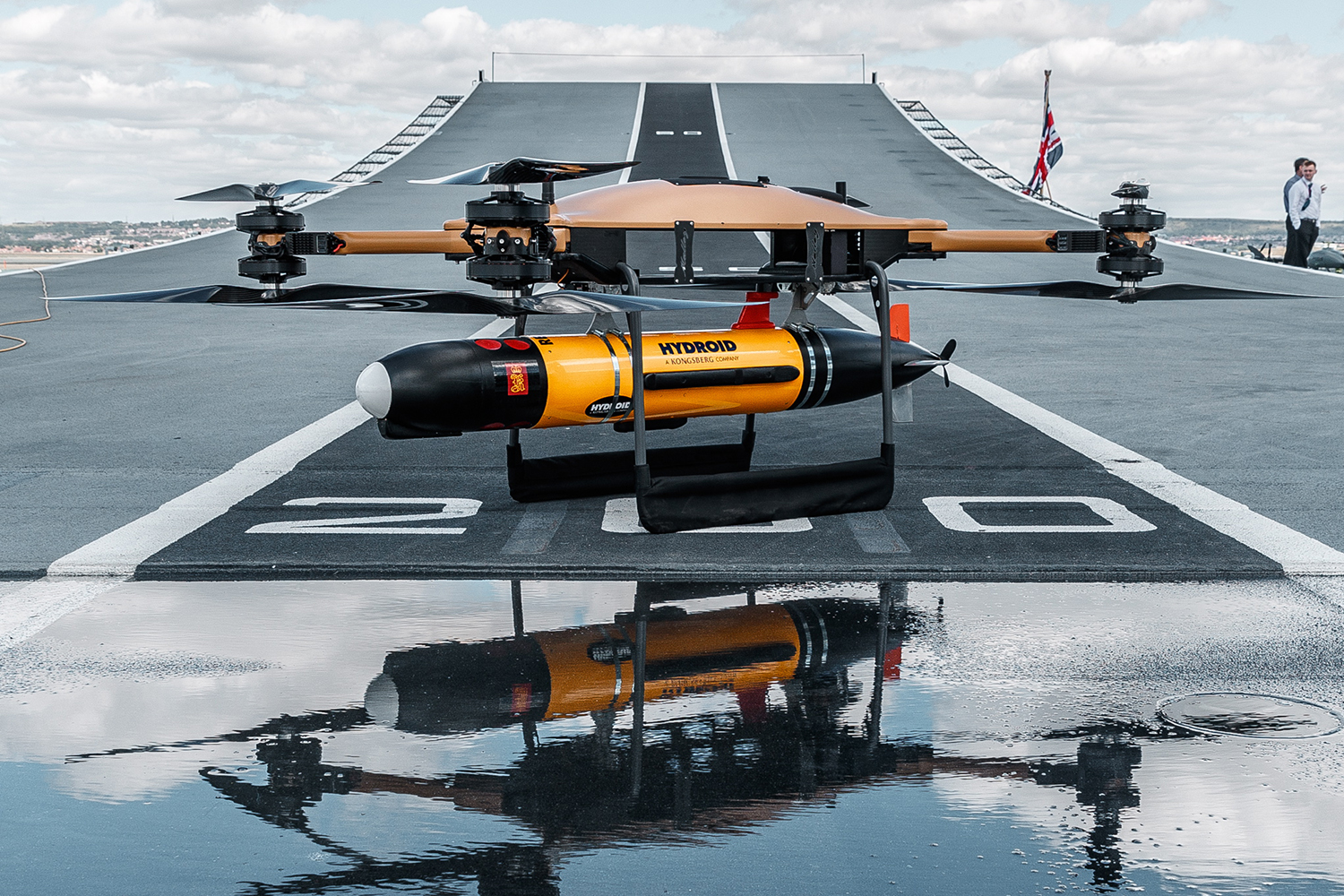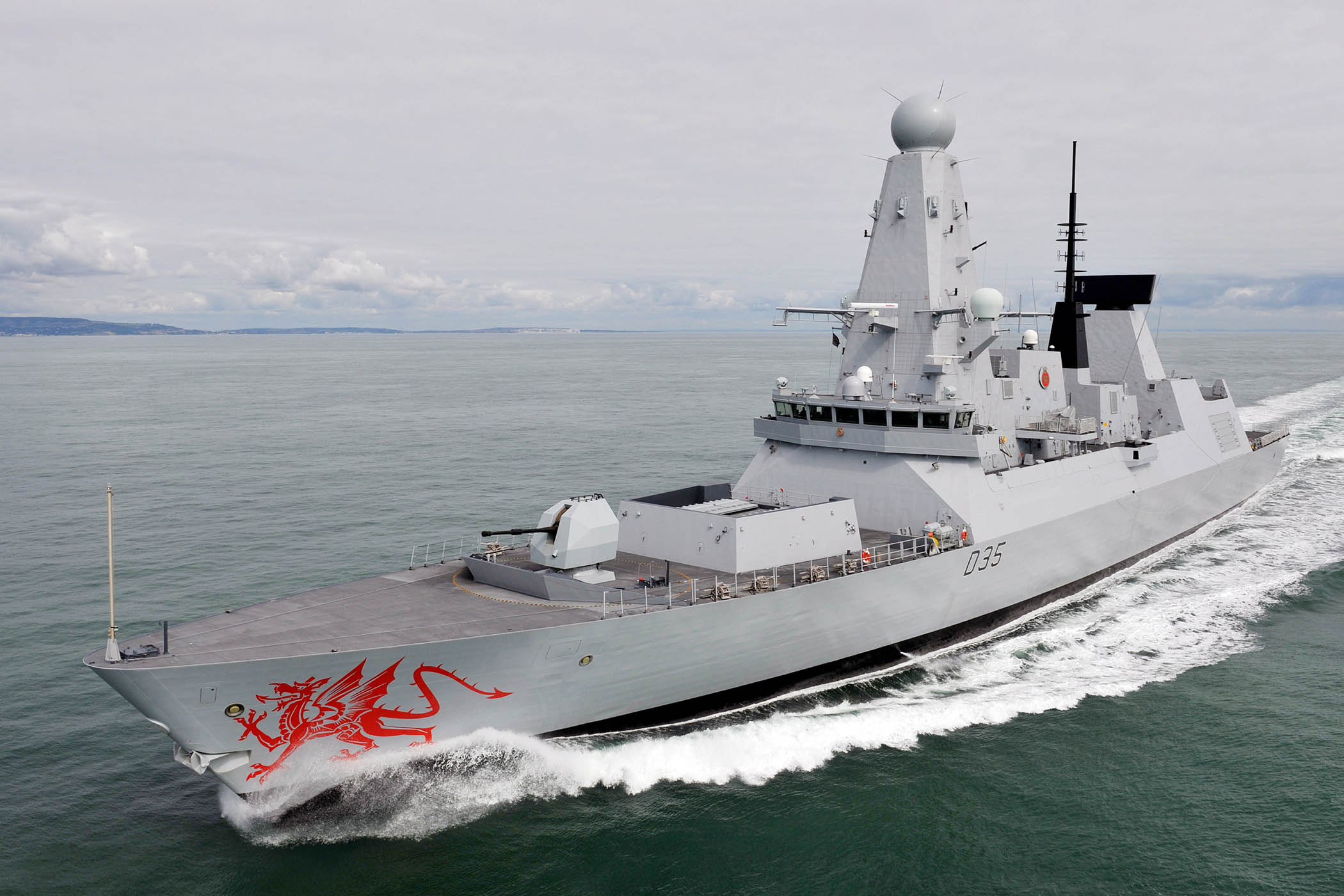Two decades ago, BAE Systems, the world’s sixth-largest defence supplier, jettisoned its 20% stake in Airbus, a European aerospace champion, in a drastic step later explained by its then boss Mike Turner in stark terms: “I saw no future in [Europe]. I just didn’t see Europe as committed to defence expenditure. The only place that really was, was America.”
That view has radically altered. A long-awaited EU-UK summit on Monday is expected to prise open European defence markets for the UK’s industry. The Russia-Ukraine war and doubts about American support for Nato has sent the continent’s defence spending soaring. Europe has caught the eye of a UK armaments industry more accustomed to frequent business trips to Washington and Riyadh than to Berlin and Brussels.
Brexit relegated Britain to “third country” status in EU defence markets. That meant tight limits on the amount its industry could sell in. If all goes well this week, Keir Starmer and his negotiators will reportedly make concessions in areas such as free movement of people and fisheries in exchange for a new defence and security pact, so UK companies could get their fair share of a freshly filled to overflowing European military sector treasure chest. The enticing prize is a €800bn Readiness 2030 initiative announced in March, including a €150bn Security Action for Europe loan fund. “We are seeing a real sea change in Europe, in countries like Germany, with proper local money for defence and, crucially, local belief,” said Sir Roger Carr, chair of BAE Systems between 2014 and 2023.
Is the level of excitement justified? Compared with total takings for Britain’s defence industry of £28bn in 2023, defence defence exports of £14.5bn and just £3bn a year sold into Europe – accounted for in large part to a big recent deal with Poland – securing a decent fraction of the new European pot of cash would turbocharge growth and profits at home. “Our industry will never ignore the American market and the EU is far more complex to navigate, but now there is a real alternative big export market for us,” said Kevin Craven, chief executive of ADS Group, the UK’s defence and aerospace trade association.
Still, reality may not quite match up to the government’s hopes. Selling to EU member states that have the interests of their respective national defence champions front of mind will be complex, as the industry knows. The big UK defence prime contractors make the same expensive leading products that their European counterparts do. France, in particular, makes almost everything.
Defence bosses thus anticipate protectionist behaviour. “BAE is a big global player so if you let them properly into European markets, Rheinmetall and Dassault are going to lose market share,” said one, referring to the German and French defence primes.
On the positive side, even if EU countries do not order big-ticket items, such as British planes, ships and tanks, demand is expected to be strong for UK-made munitions, energetics, cybersecurity and anti-submarine warfare capabilities. New European money should also mean continued pooling of resources between national industries and more successful joint ventures and partnerships, such as the Eurofighter Typhoon, a pan-European fighter jet collaboration, said Clive Higgins, chief executive of Leonardo UK, a defence prime and chief subsidiary of Italy’s national defence champion.
‘Our industry will never ignore the American market, but now there is a real alternative’
‘Our industry will never ignore the American market, but now there is a real alternative’
Kevin Craven, ADS Group
Smaller UK companies making software-led autonomous products, such as unmanned seaborne drones, may also benefit from new European defence spending, reckons John Beckner, chief executive of Horizon Technologies, a UK-based intelligence, surveillance and reconnaissance company. Defence-tech small and medium-sized enterprises (SMEs), often supported by innovation-hungry governments, are lobbying hard for a bigger slice of the overall pie. Prime contractors, meanwhile, are trying to address their historically low R&D spending. BAE Systems last year snapped up two British drone SMEs, Malloy Aeronautics and Callen-Lenz.
While UK defence primes, such as BAE Systems and Rolls-Royce, are increasingly high on Europe, there is little to no chance of their focus slipping on the US, the biggest market. That BAE Systems might be seen in European capitals as an American company – the US contributed 44% of its sales last year and a third of its workforce are there – may not be ideal in the EU. There are increasing calls there to cut loose from US defence technology. Being free of American export controls is increasingly a selling point for equipment. Yet BAE Systems’s status as an indigenous American prime contractor through its US subsidiary BAE Systems Inc is becoming more, not less, entrenched. Last year it completed a $5.6bn acquisition of Ball Aerospace, which has close ties with Nasa
Other European defence companies are embedded in the US market, including Germany’s Rheinmetall and Leonardo. In Donald Trump’s first term, foreign arms companies had to have American manufacturing, not just a nice headquarters in Washington, said Al Abramson, who sits on the board of directors of American Rheinmetall Munitions, a subsidiary of the German group. Now the task is to ensure all the components are American, too. They may whisper it softly or not at all, but defence bosses regard Trump, who is goading European states into spending billions more on defence, as their No 1 global salesman.
Newsletters
Choose the newsletters you want to receive
View more
For information about how The Observer protects your data, read our Privacy Policy
Tamzin Booth is editorial director of Economist Impact, a unit of the Economist Group.


